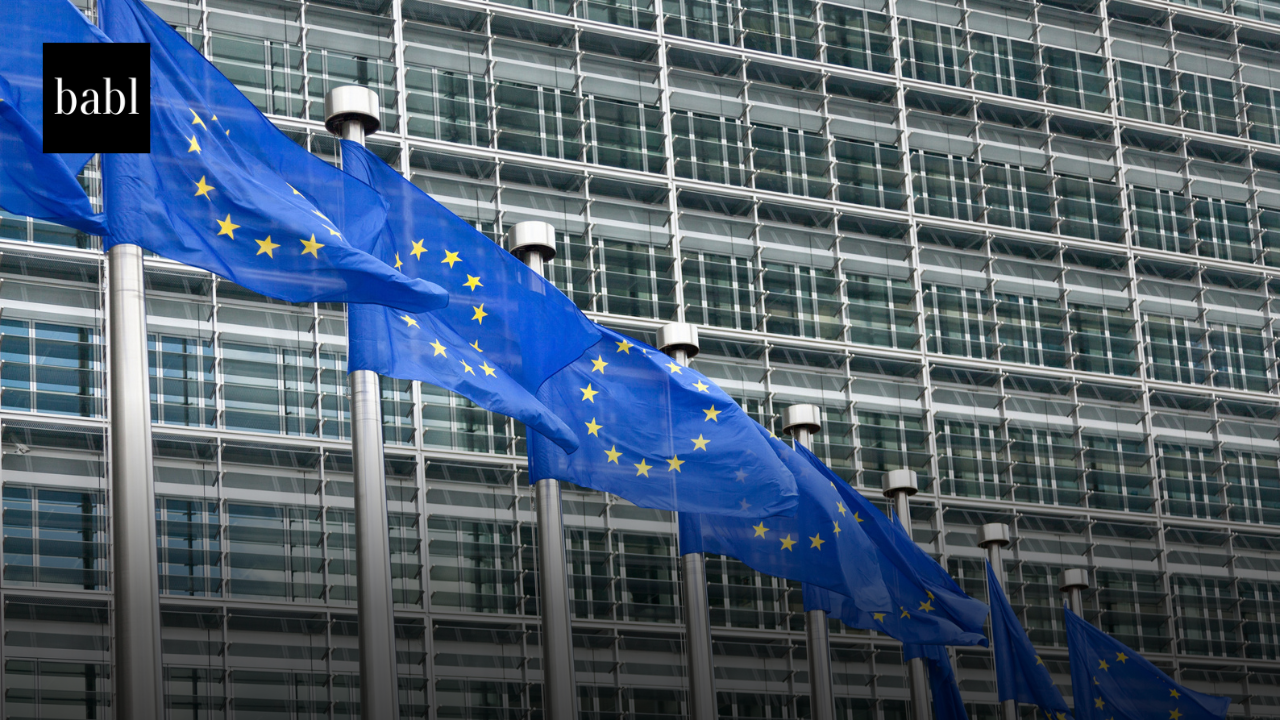The European Union has reached a historic agreement on the EU AI Act, marking the world’s first comprehensive AI regulation. Ambassadors from all 27 member countries finalized the deal on February 2 following extensive negotiations involving the European Council, European Parliament, and European Commission.
European Commissioner for Internal Market, Thierry Breton, shared his thoughts on X (formerly Twitter), expressing satisfaction with the EU AI Act’s balance between innovation and safety. He emphasized the collective endorsement of the political agreement, recognizing its significance for the EU’s AI landscape.
Moving forward, the European Parliament’s Internal Market and Civil Liberties Committees are set to adopt the AI rulebook in the coming weeks, with a plenary vote scheduled for April. Formal adoption will require endorsement at the ministerial level, with the AI Act expected to enter into force 20 days after publication in the official journal.
Key timelines include bans on prohibited practices taking effect after six months, obligations on AI models starting after one year, and full implementation of remaining rules after two years. However, the classification of AI systems for third-party conformity assessment under other EU rules as high-risk will see a one-year delay.
BABL AI has previously discussed the EU AI Act in great detail and will continue to follow developments as the EU AI Act rolls to completion and implementation.</spanp
Need Help?
If you’re wondering how the EU AI Act could impact you, or have any questions or concerns, don’t hesitate to reach out to BABL AI. Their Audit Experts are ready to provide valuable assistance.




